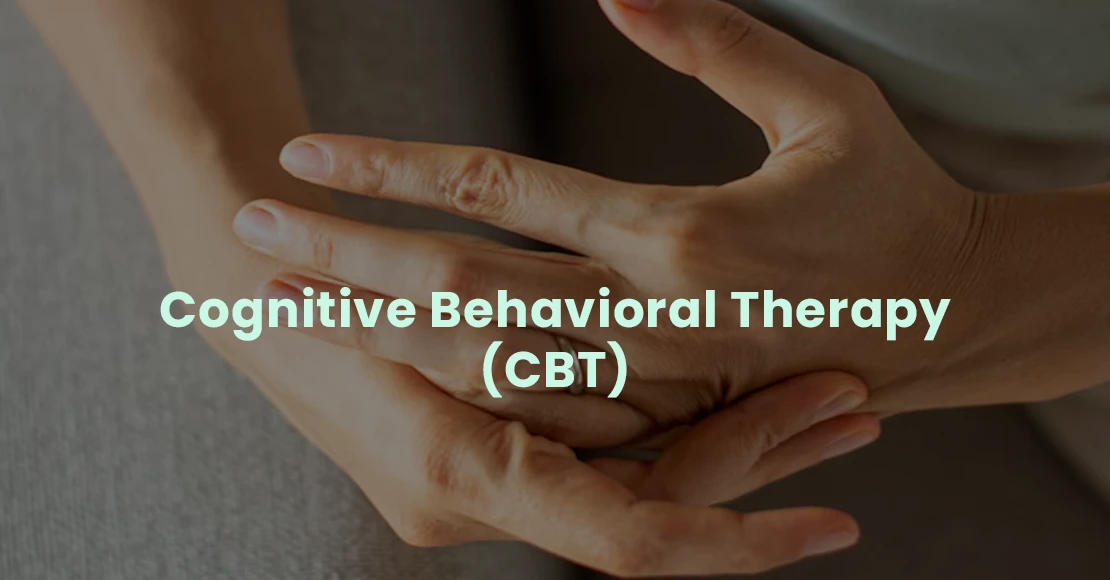


Cognitive Behavioral Therapy (CBT) stands as one of the most extensively researched and effective therapeutic approaches for addressing a wide range of mental health challenges and improving overall psychological well-being. This evidence-based treatment method focuses on the intricate connections between thoughts, feelings, and behaviors, empowering individuals to identify and modify unhelpful patterns that contribute to emotional distress and problematic behaviors. CBT provides practical tools and strategies that can be applied not only in therapeutic settings but also in daily life to promote lasting positive change.
Cognitive Behavioral Therapy is a structured, goal-oriented psychotherapy approach that operates on the fundamental principle that our thoughts, emotions, and behaviors are interconnected and influence each other in powerful ways. This therapeutic model suggests that by changing dysfunctional thinking patterns and behaviors, individuals can experience significant improvements in their emotional well-being and overall quality of life.
Unlike some traditional forms of therapy that focus extensively on past experiences, CBT is primarily present-focused, concentrating on current problems and developing practical skills to address them. This approach makes CBT particularly effective for individuals seeking concrete strategies to manage specific challenges and symptoms.
The cognitive component of CBT involves identifying and examining thought patterns, beliefs, and assumptions that may be inaccurate, unhelpful, or distorted. The behavioral component focuses on changing behaviors that are problematic or that reinforce negative thinking patterns. Together, these elements create a comprehensive framework for understanding and addressing psychological difficulties.